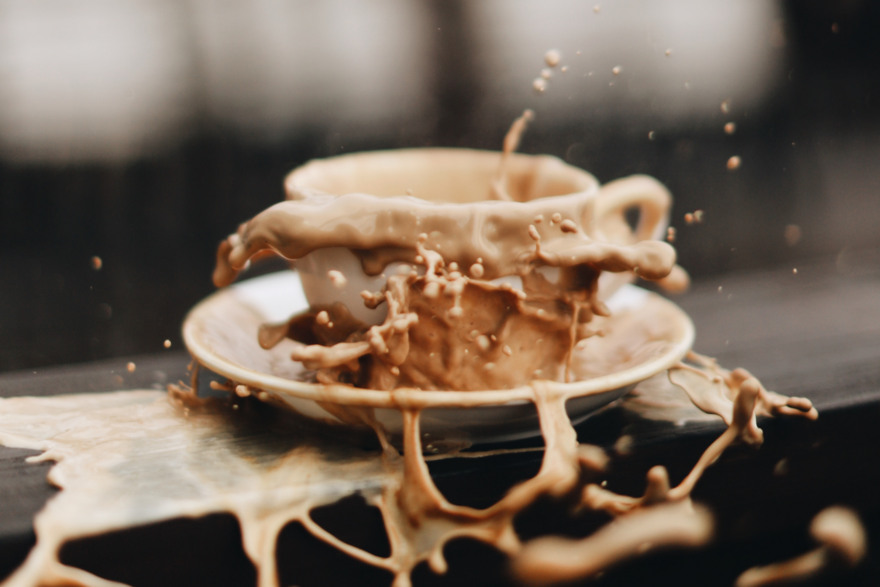Stop making sense.

The point of creative writing is to transmute the ineffable. We use words to communicate all the things we can’t put into words.
Language makes it possible. And language can also lead us astray.
(Particularly the English language, which is so good at fixing experiences into nouns and verbs, confident that it knows what it is doing.)
Language gives us a sense of security, because it’s the primary way the mind thinks it knows.
To attach a word to a thing is to categorize it. Understand it. Pin it down in some way.
What a relief! Now that we have that neatly named, we no longer feel undone by it.
And this can be a problem. The same activity that gives us safety also tends to stop the magic.
When writers are revising a scene, I tell them:
Leave those naming words behind.
Here’s an example. If you’re writing about a character who’s in the midst of a heated argument while unpacking the groceries, which is more effective?
-
Jane was suddenly angry. She didn’t know she could be this mad at someone.
-
Jane slammed the pineapple onto the counter and let out a guttural sigh.
Naming Jane’s whole sensory state “anger” takes away the readers’ experience of the anger. Instead of feeling it, we read the word.
Option B is a small snippet of Jane’s experience, and you can almost feel her fury scratch the countertops. Damn!
This is why show, don’t tell is such a cliché — it works!
We are so much more than language. The human experience can’t be pinned down with a name.
Writers transmute the ineffable by taking the reader into the sensations of the scene.
We trust the colours, feelings, tastes, and smells as they rise from our imaginations.
Practicing what I call Deep Noticing can build our capacity to receive this magic.
It’s a matter of dropping into our body and using all our senses, letting whatever comes to mind astonish us.
Write the details while feeling the sensations, and you’ll effectively transmit those same sensations to the reader.
The details may not even make sense. They may not seem to “mean” anything. But they will create sensation.
Keep going. Give your scenes a chance to show you what the meaning is.
As I like to tell myself, your story is smarter than you are.
With love,

Photo credit: Tabitha Brooke

2 comments
Leave a comment